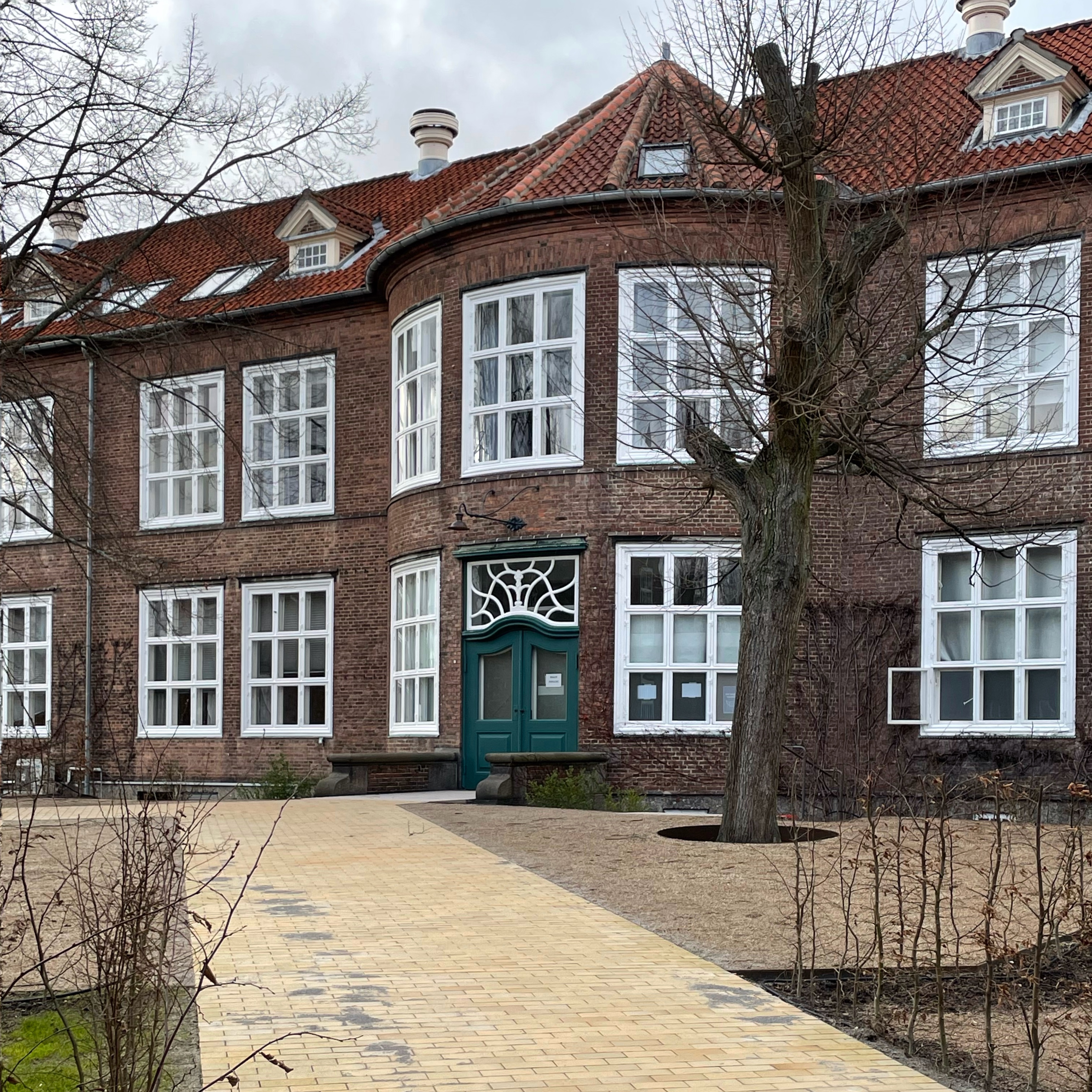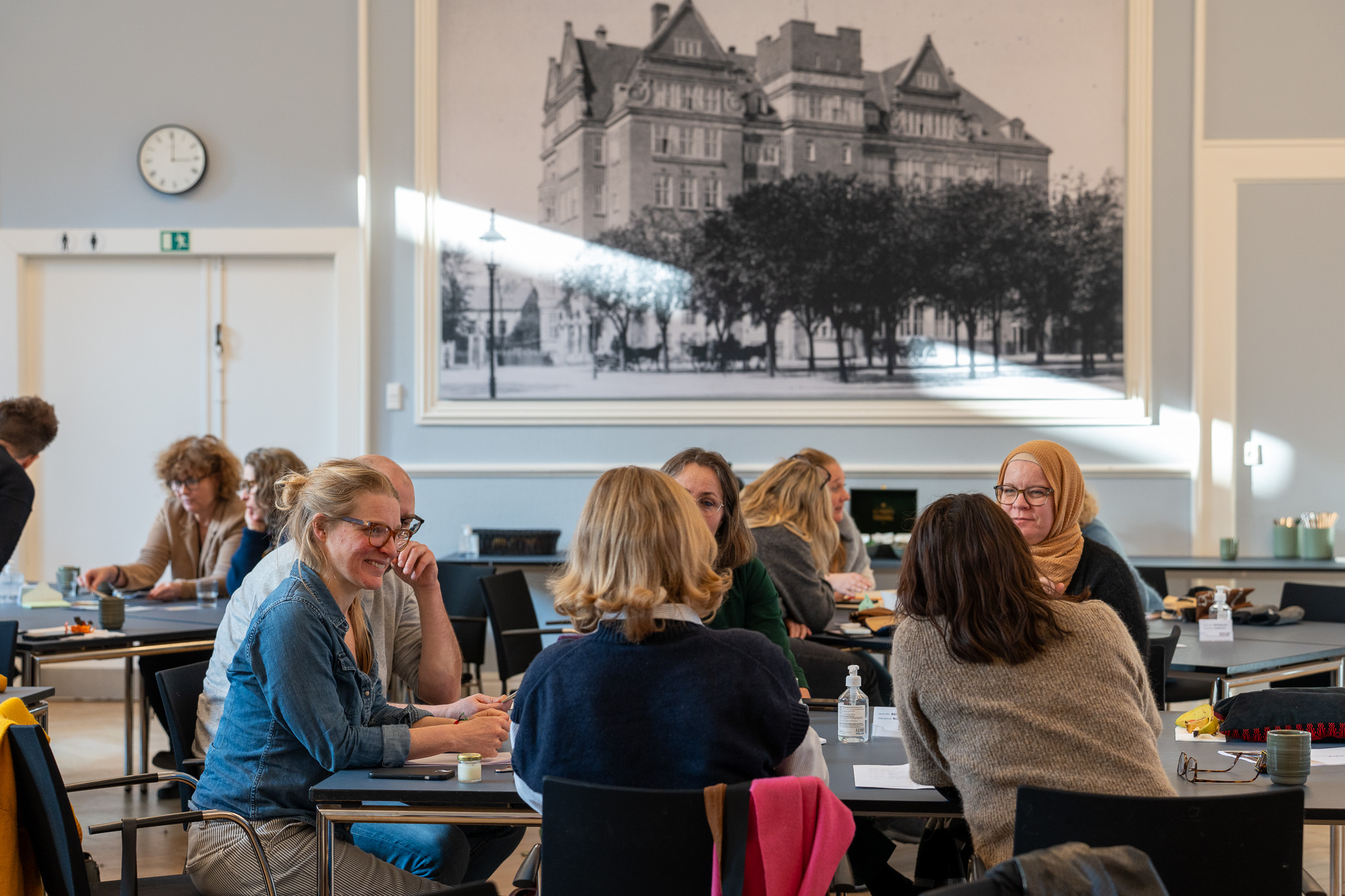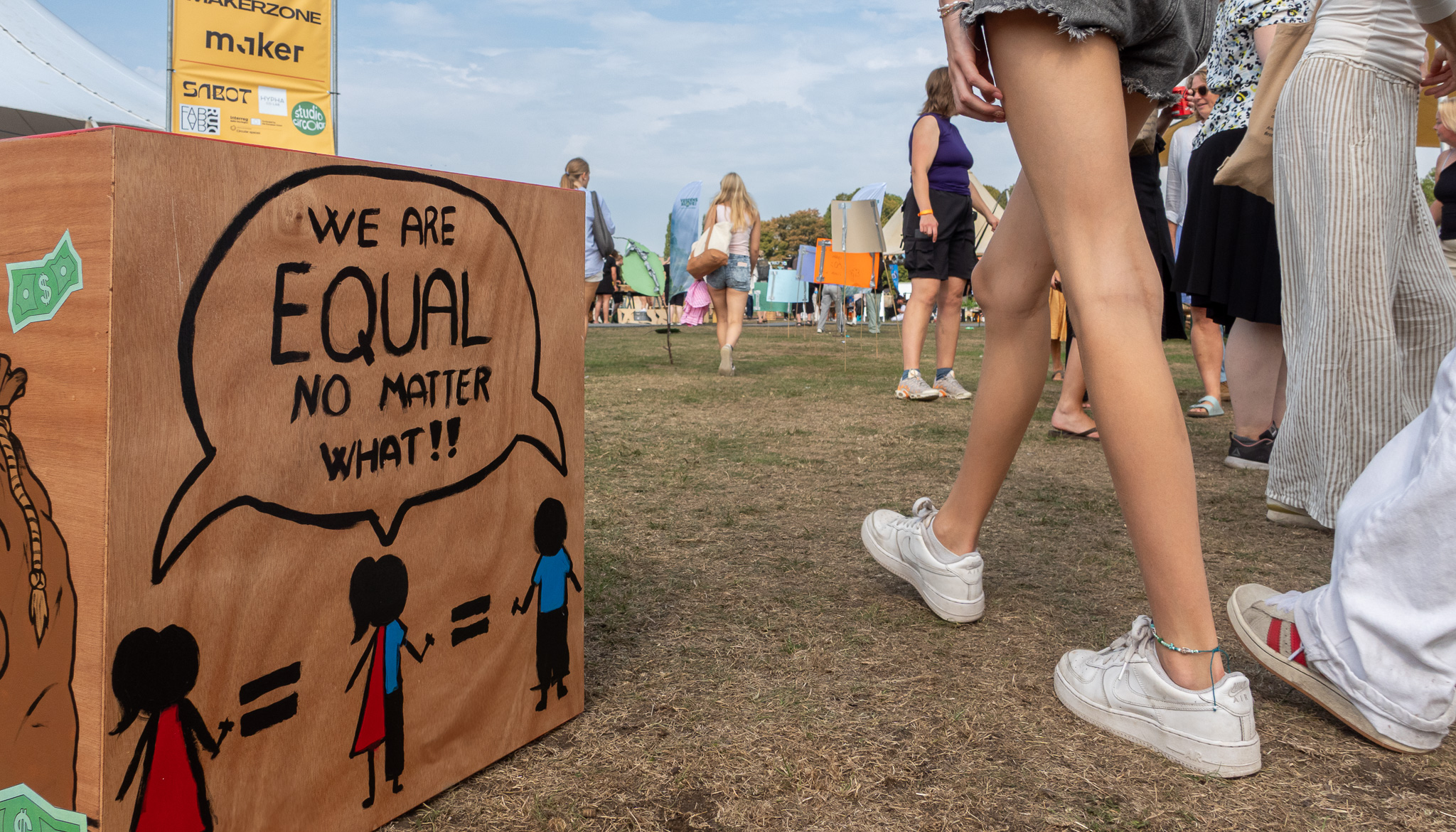
We need to have less pity and more dignity

At Bevica Fonden, we use advanced AI-based translation tools to make our Danish content accessible in English. However, some content – particularly academic articles and nuanced texts – require a level of linguistic accuracy and subject-specific precision that automated tools cannot yet guarantee.
This is why this article is available only in its original language (Danish). We have chosen not to offer an English version in order to preserve the integrity, clarity, and scholarly intent of the original work.
The concept of disability is diverse, but it does not always create diversity. It is complex and professionals need to be able to navigate the different definitions in order to be able to provide the best possible help. At the same time, it helps to define people, and really we should drop the word disabled, says the researcher.
by Nanna Stærmose. The article was published on 25/02/2021
“We need to have less pity and more dignity.” The words come from Inge Storgaard Bonfils, Associate Professor at the Department of Social Worker Education at Copenhagen University College. During her many years as a researcher, she has investigated a wide range of issues in the field of disability, including the relationship of mentally vulnerable people to the labour market, the quality of housing provision, and the involvement and participation of people with disabilities in political processes, just to name a few. She generously sprinkles insights and points in addition to the questions she is asked, and a picture soon emerges that the concept of disability is a complex area. However, Inge Storgaard Bonfils has a clear call.
“We need to move away from talking about disabilities, and instead talk about people with disabilities because it's more inclusive — that category we all sooner or later become a part of,” she says.
Inge Storgaard Bonfils believes it is important to do away with 'them' and the 'us' idea. We need to be able to embrace complexity and recognize that living with a disability is many things. “It's important that we move away from what we call the medical model. According to it, disability is a characteristic of the individual human being — or perhaps rather a deficiency in the individual human being, and then it easily becomes the deficiency that defines the person,” says Inge Storgaard Bonfils.
An interaction between man and society
Instead, according to the researcher, we should move towards what is referred to in professional language as the bio-psycho-social model. Here, the concept of disability is extended to include the surrounding environment and society, and thus a person is defined not only in terms of a disability, but in terms of the interaction between the disability and the environment and society in which the person finds himself. Inge Storgaard Bonfils underlines her point with the UN Convention on Disability, which is based precisely on this relational understanding. Here the aim is to create a greater awareness of how the interaction between the individual and the environment can both create barriers but also break them down and thus pave the way towards a dignified and inclusive life.
“When we teach our students about disability understanding, we pay great attention to drawing this out. As it is today, it is often the diagnosis and thus a medical understanding that predominates especially when it comes to getting help,” says Inge Storgaard Bonfils.
This is where complexity comes in again. Social workers must go and work in public systems, where they must be able to document the citizen's disability so that they can get help. Here the diagnosis and thus the medical understanding play a prominent role. If a citizen needs to be consulted for certain aids, then the focus is naturally enough on why these aids are needed, and thus the disability itself comes into focus.
Therefore, it is an important task for social workers and others working with this group of people to be able to navigate in and out of theoretical understandings and definitions. The social worker must at the same time be able to take a holistic view of the citizen's situation, and this is where bio-psycho-social understanding comes in, as well as dignity.
“It is important that we start from each individual's own dreams and desires. It is from this point of view that we must meet and accommodate the citizen,” says Inge Storgaard Bonfils.
She herself has done research on Supported Employment, which is essentially about offering not only individually and flexibly organised support to citizens with disabilities, but also to offer that this support continues once the citizen has entered work. Instead of preparing the citizen with job offers and traineeships, as in the past, the citizen receives more permanent support, so that, for example, the risk of falling out is reduced.
“In Denmark, we do not have a tradition of long-term retention support in the job, but research has shown that it can be a way to get more people with disabilities into the labour market,” says Inge Storgaard Bonfils.
As a Docent at the University College of Copenhagen, she has helped to develop a continuing education offer based on research and practical experience with Supported Employment in Denmark.
“As a professional college, our task is to contribute practice-oriented research that, through educational measures, can help to qualify social workers in their work with people with disabilities, and ultimately ensure the dignity and inclusion of citizens with disabilities,” says Inge Storgaard Bonfils.
If you want to read more about the concept of disability, Inge recommends e.g.
Disability understandings: between theory, experience and reality
Disability: created in the encounter of people with the outside world
More knowledge about Universal Design
Explore the Bevica Foundation's Knowledge Library
Latest News
Follow the latest news from the Bevica Foundation below.






